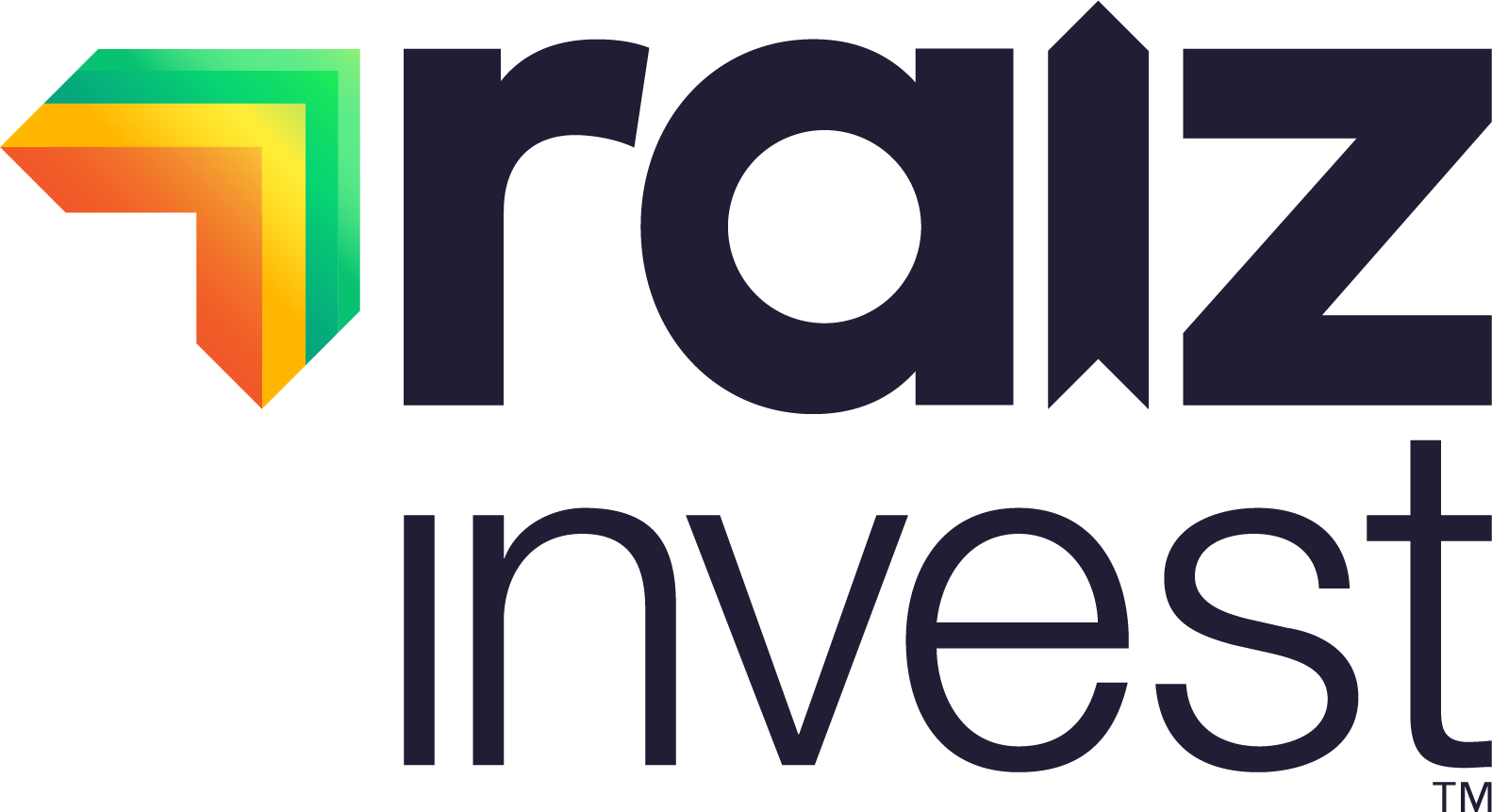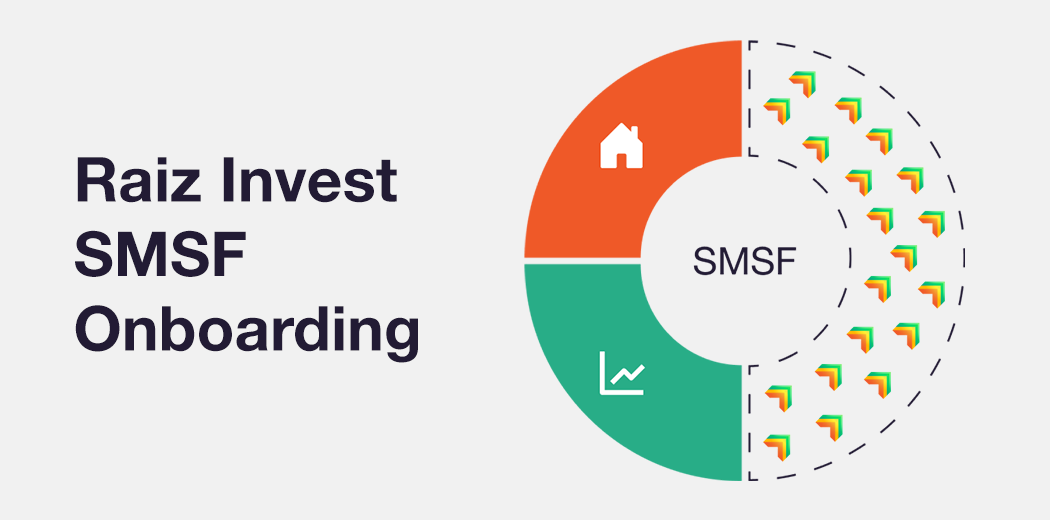
12-04-2021
George Lucas, Raiz Group CEO
This week saw two of the most influential Democratic lawmakers on US tax policy — Ron Wyden chair of the Senate finance committee and Richard Neal chair of the House ways and means committee — back a new plan by the Biden administration on global corporate taxation.












